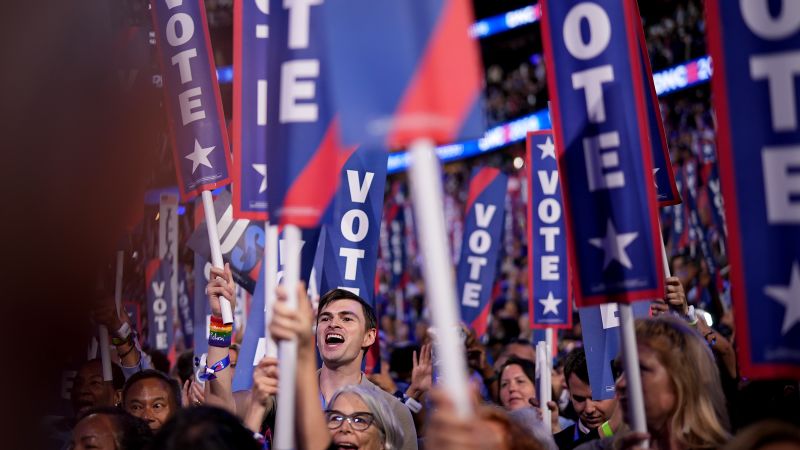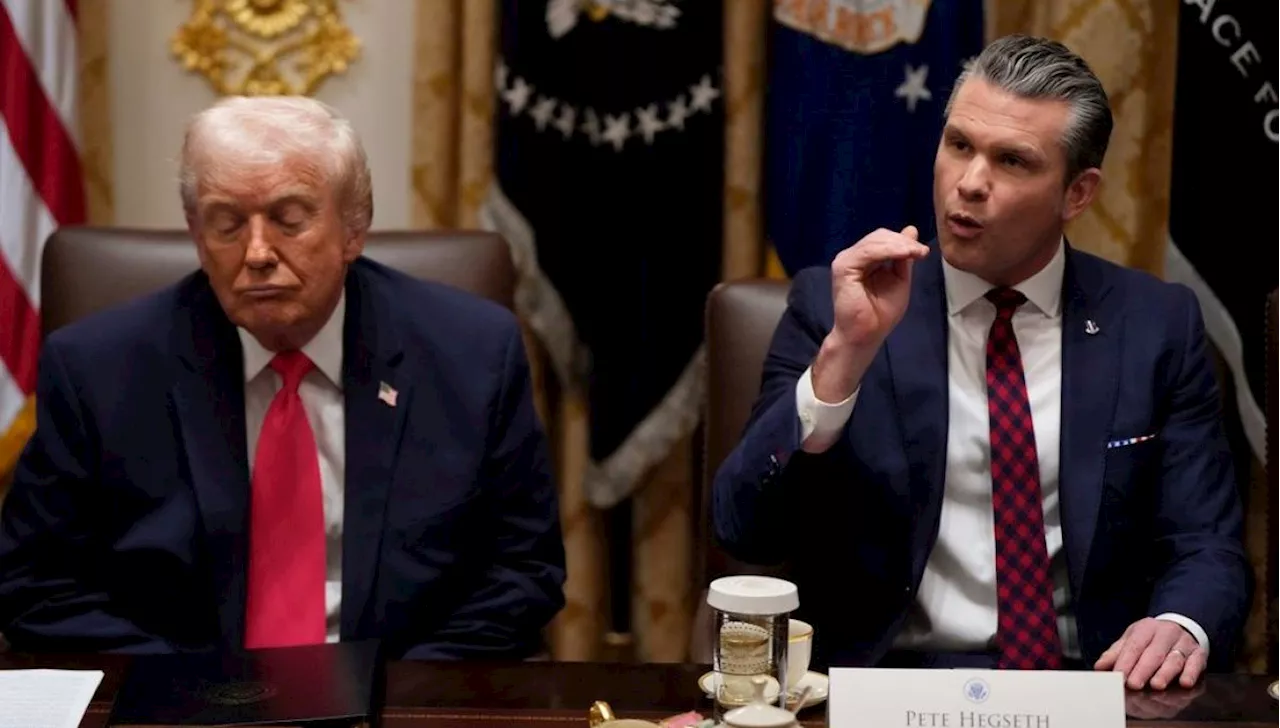The U.S. Senate has voted to repeal tariffs imposed by former President Donald Trump on Canadian goods, with a 50-46 decision marking a significant, albeit symbolic, move against the previous administration’s trade policies. This vote represents the second time the Senate has taken action to undo these tariffs, which were introduced as part of a national emergency declared by Trump.
Four Republican senators joined Democrats in supporting the measure, a rare act of defiance against the White House. Speaker Mike Johnson (R-LA) has blocked similar legislation from reaching the House floor, emphasizing the political divisions within Congress. The tariffs in question included a steep 35% on selected Canadian imports, which Trump justified by citing concerns over fentanyl trafficking across the U.S.-Canada border.
In a related context, the Senate is scheduled to vote on the baseline tariffs of 10% that Trump imposed on all U.S. trading partners. Senators Lisa Murkowski of Alaska, Susan Collins of Maine, Mitch McConnell of Kentucky, and Rand Paul of Kentucky have consistently opposed these tariffs. Another Republican senator, Thom Tillis, has expressed opposition specifically to the tariffs imposed on Brazil, highlighting the complexities within party lines regarding trade policy.
The tension surrounding the tariffs escalated recently when Ontario Premier Doug Ford aired a commercial invoking former President Ronald Reagan, which criticized Trump’s trade approach. This ad aired during the World Series, further igniting disputes between the two leaders. Despite these tensions, Canadian Prime Minister Mark Carney stated this week that both countries are moving closer to a trade agreement, signaling a thawing in relations after Canada refrained from imposing retaliatory tariffs in August.
The White House has provided various justifications for its tariffs, including a notable 50% penalty placed on Brazil, which has drawn criticism as a method of leveraging trade negotiations. Trump is currently traveling through Asia, where he continues to advocate for his tariff agenda.
As the Senate navigates these trade issues, the outcome of the upcoming vote on the baseline tariffs will be closely watched. The increasing pushback from both parties in Congress against Trump’s trade policies illustrates a growing divide that could impact his administration’s future trade negotiations. The unfolding dynamics suggest that trade policy will remain a contentious topic as the political landscape evolves.







